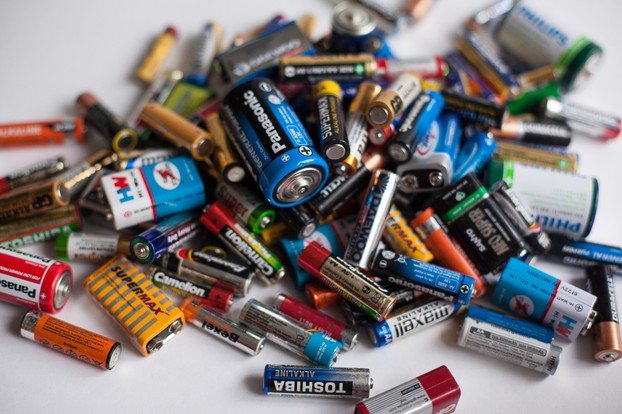From car batteries to cell phone batteries to the batteries that power our children's toys, battery power plays a major part in our daily lives. Yet, there are still many things that people don't know about how they function. By learning more about this portable power source, you may be able to save energy and get more out of each battery.

5 Things You Didn't Know About Batteries
by RobertKeith
We use batteries everyday in all kinds of devices. Battery power plays a major part in our daily lives.
Backing Up Your Laptop
You may be thinking about investing in a supplemental lithium-ion battery from retailers like SunElec to keep your laptop running, when it can't be plugged in. While that's a good thought, try to stay away from used batteries. An electrician revealed to Reader's Digest that all batteries have a specific shelf life and that life begins to dwindle as soon as it leaves the factory. Although you can only expect an average 300 and 500 charges from a standard laptop battery, keeping it out of extreme temperatures may help extend the life just a little.
In the old days, experts used to advise us to allow our cell phone batteries to run low, before charging them. Technology has changed since those days and that's no longer the case. In fact, you may actually harm your battery, if you let it get too low, before plugging it in to charge. The older batteries were made out of nickel-metal hydride (NiHM) and nickel cadmium (NiCa), substances that caused batteries to draw a large amount of energy, during the charging process. That was the reasoning for letting your battery drain, before giving it a charge. The lithium-ion batteries in use today can keep charges for longer and know to stop drawing energy, when they have a full charge.
 Batteries of Different SIzes |
Storing Batteries in Your Fridge is an Old Wives’ Tale
The myth says that by storing regular batteries (AA, AAA, C, D, etc) in your refrigerator, you can extend their lives. This is not true and you may actually be shortening the battery's life. The cooler temperature causes condensation to form on the batteries that can erode the contacts or cause the seals to become compromised. Always store batteries at room temperature (68°F to 78°F) and keep them in dry locations.
Use C Batteries in Place of D Batteries
Suppose you're in a bind and you need to power your flashlight or a radio, but you don't have any D batteries. You can use C batteries in their place with just a simple modification. Slip the C batteries into the D battery slots. Next, wedge three quarters in the space between the battery and the contact points. You can do this either at the top or the bottom of the battery. The quarters will conduct the electricity, allowing the C batteries to power the device.
Similarly, AAA batteries can be used in place of AA batteries. Slide the AAA batteries into place. Instead of using coins, you can wad up tinfoil, using enough to fill the gap between the tip of the battery and the contact point. This will allow the smaller battery to power the device.
Protect Your Devices in Storage
If you're storing an electronic device or expect not to use it for a lengthy period of time, be sure to remove the batteries. When left in the device, the batteries will develop leaks over time. The alkaline substance that leaks from the battery can damage your devices, which is why electronics that have been in storage mysteriously stop working months later.
Be Wary of Off Brand Chargers
Some reliable companies, such as Belkin, communicate with cell phone manufacturers to make sure their chargers meet the appropriate specifications. However, the lesser known companies aren't quite as meticulous in creating their chargers, attempting to offer cheaper solutions. The cheaper charger may cause damage to your device, or, in extreme cases, can cause you to electrocute yourself.
While people will always look for tricks to get their batteries to last longer, the best way is to take proper care of them. This means keeping them out of extreme temperatures and ensuring they maintain a good charge. As the battery ages, it may stop taking a charge altogether and that's just the nature of batteries. When that time comes, a new battery will bring enhanced life to your devices.
You might also like
The Engineering Mastery of the Wright BrothersMost people recognize that the Wright brothers mastered powered flight, but f...
The Magic and Myth of British FungiMushrooms and toadstools grow all over the world, and whilst many are edible ...


 10 Things You Need To Have Clean and Spotless Clotheson 10/28/2021
10 Things You Need To Have Clean and Spotless Clotheson 10/28/2021
 10 Business Ideas For Newbies That Will Thriveon 10/27/2021
10 Business Ideas For Newbies That Will Thriveon 10/27/2021


Comments